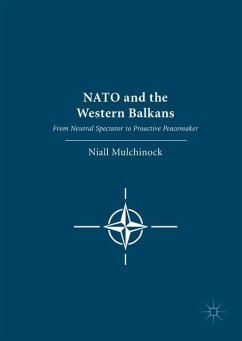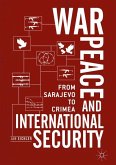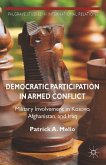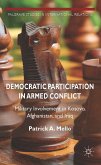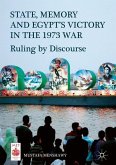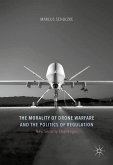This book provides a critical examination of NATO's evolving strategic and operational roles in the Western Balkans since the disintegration of Yugoslavia in 1991, with a particular focus on Bosnia, Kosovo and the former Yugoslav Republic of Macedonia, in both the conflict and post-conflict phases. While there is a myriad of literature available on the various conflicts that engulfed the former Yugoslavia after the collapse of communism, less has been written on NATO's overall role in these conflicts. This text, therefore, fills the gap, offering a thematic study of NATO's roles and duties in this region from the early 1990s to the present day. The 'levels of analysis' introduced by Mulchinock provide a new framework for examining NATO's response to the Yugoslav wars of secession, focusing on the role of key NATO member states and the role of different NATO Secretaries-General, along with the impact of inter-institutional cooperation (and conflict) with other internationalorganisations.
"The book is a fascinating read for anyone interested in NATO or the Yugoslav wars. It is a comprehensive study of NATO's adjustment to the post-Cold War world, its almost reluctant involvement in the military interventions in Yugoslavia, and its subsequent leading role in peacekeeping missions." (Roos Hoebens, Südosteuropa, Vol. 66 (1), 2018)

